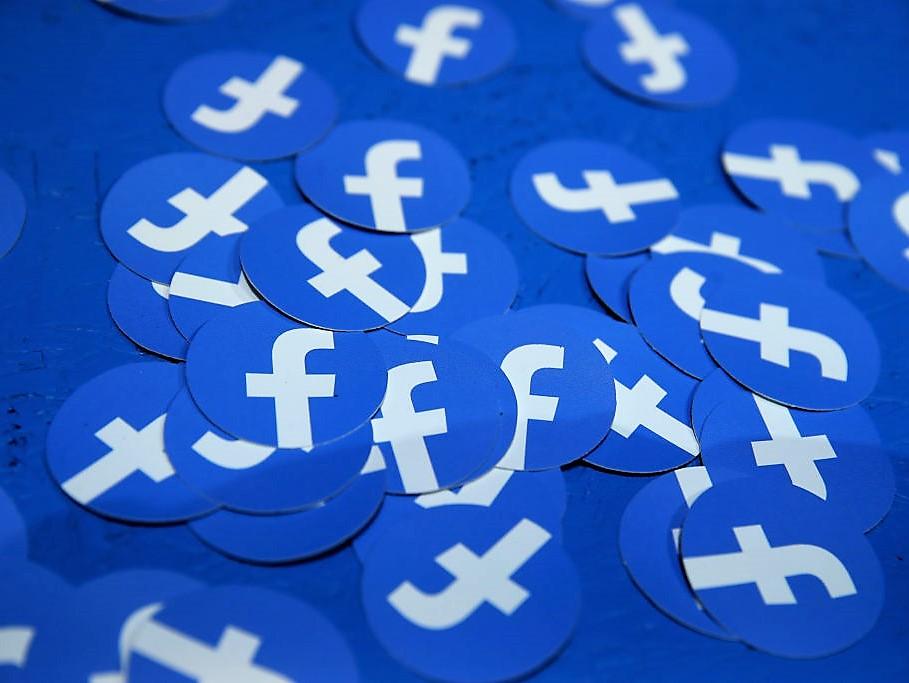Pressure mounts on Facebook to ban political ads ahead of UK general election
Social media giant told it ‘must act’ to prevent spread of disinformation and voter manipulation

Your support helps us to tell the story
From reproductive rights to climate change to Big Tech, The Independent is on the ground when the story is developing. Whether it's investigating the financials of Elon Musk's pro-Trump PAC or producing our latest documentary, 'The A Word', which shines a light on the American women fighting for reproductive rights, we know how important it is to parse out the facts from the messaging.
At such a critical moment in US history, we need reporters on the ground. Your donation allows us to keep sending journalists to speak to both sides of the story.
The Independent is trusted by Americans across the entire political spectrum. And unlike many other quality news outlets, we choose not to lock Americans out of our reporting and analysis with paywalls. We believe quality journalism should be available to everyone, paid for by those who can afford it.
Your support makes all the difference.Facebook is under pressure to follow Twitter’s example and ban political advertising on its platform amid fears of voter manipulation ahead of the UK general election in December.
Twitter boss Jack Dorsey announced the decision in a detailed thread that explained why he believed political messages “should be earned, not bought”.
He also acknowledged that Twitter’s removal of political ads would not fix broader issues with the larger political advertising ecosystem across social media platforms – though did not go as far as to specifically mention Facebook by name.
“We need more forward-looking political ad regulation (very difficult to do),” he wrote. “Ad transparency requirements are progress, but not enough. The internet provides entirely new capabilities, and regulators need to think past the present day to ensure a level playing field.”
The move follows a warning from the European Commission that there was “evidence of coordinated inauthentic behaviour aimed at spreading divisive material on online platforms”, and that “malign actors constantly change their strategies”.
Twitter was widely praised for taking a stance against misinformation and voter manipulation, though many have pointed out that political adverts are far more prevalent on Facebook.
The social media giant did not respond to a request for comment on whether it also plans a similar ban, but has consistently claimed it is tackling the issue in a different way through a combination of human review and AI-based technology to root out malicious or misleading political ads.
Chief executive Mark Zuckerberg stood by the policy during an earnings call on Wednesday, claiming that “ads on Facebook are already more transparent than anywhere else”.
He added: “I don’t think it’s right for private companies to censor politician and the news.”
Yuval Ben-Itzhak, head of the social media marketing firm Socialbakers, warns that the issue is not a technical challenge for Facebook, but an ethical one.
“Facebook operates at a different scale to Twitter and has many more resources. Banning political ads on digital channels does feel like taking a step back to traditional media, so limiting the targeting of political ads seems like a better option for Facebook,” he told The Independent.
“The question Facebook is asking is how far should businesses like Facebook be able to censor opinions and news?”
One of those calling for Facebook to be more open and transparent about the spread of disinformation across the social network is the Open Knowledge Foundation, a non-profit organisation that promotes the sharing of free information.
“Twitter’s decision is very welcome and sends a strong signal to other social media giants. It will go a considerable way to preventing the spread of disinformation and ‘fake news’,” said Catherine Stihler, chief executive of the Open Knowledge Foundation.
However, she warned that more needs to be done to prevent disinformation campaigns from blighting the December’s election, forthcoming elections across Europe, and next year’s US Presidential election.
“Facebook must act on the growing demands for greater transparency,” Ms Stihler added. “Social media giants must work to build a fair, free and open digital world.”
Join our commenting forum
Join thought-provoking conversations, follow other Independent readers and see their replies
Comments